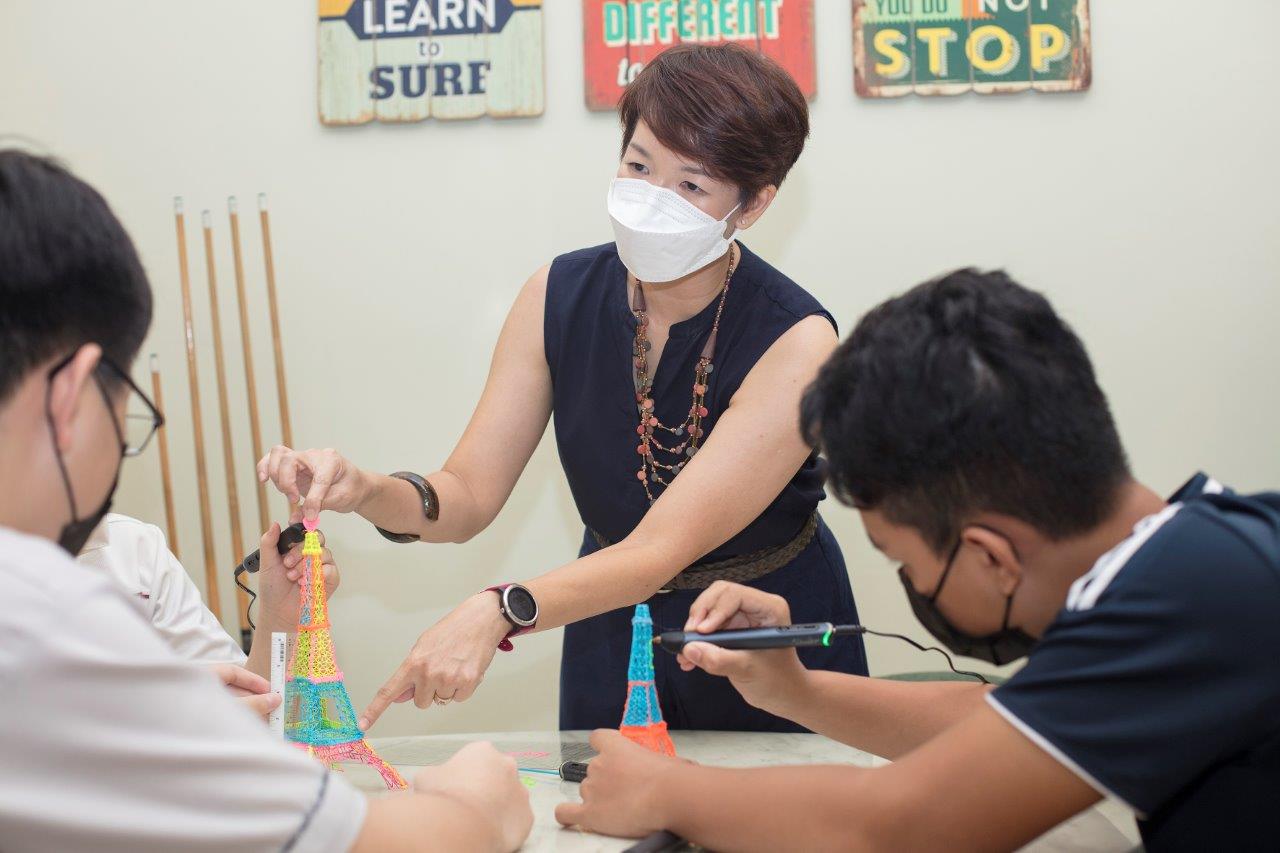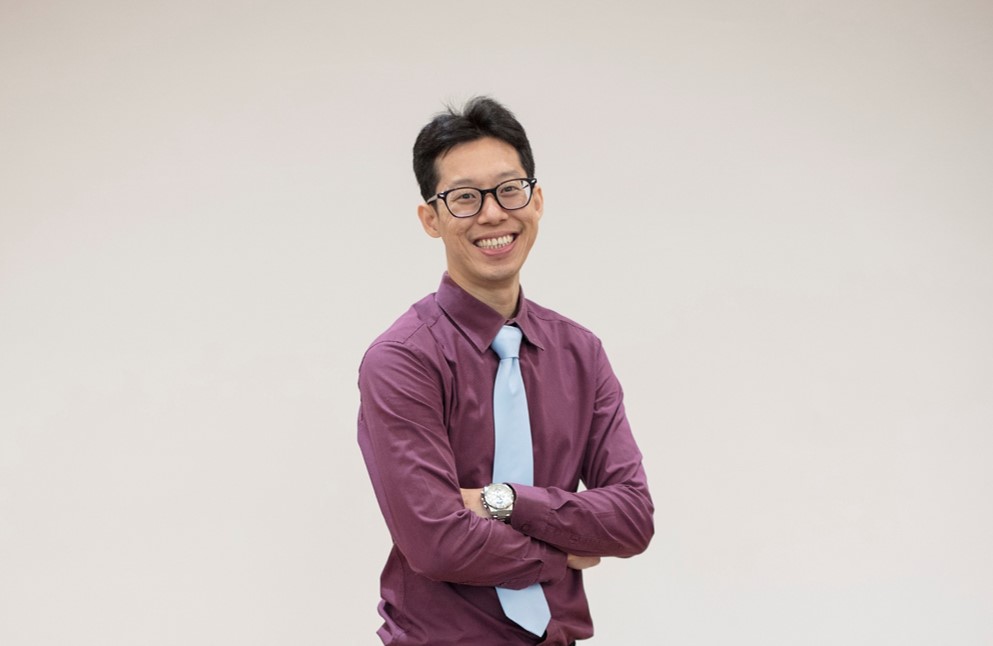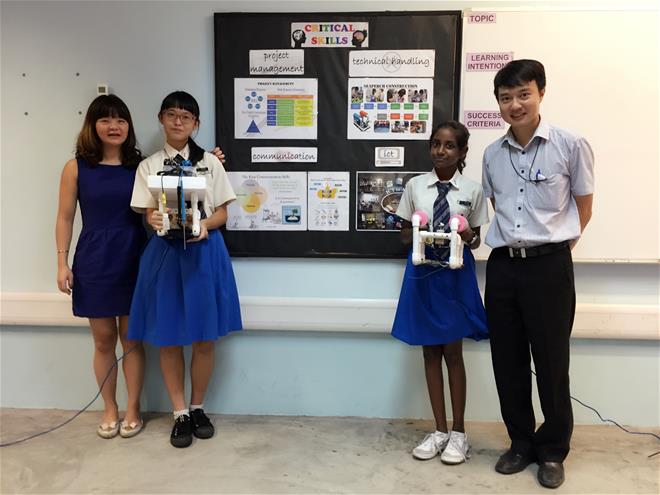Turning Around At-Risk Students the Regent Way
15 Feb 2012
Regent Secondary School student Sean Ng used to be what some would call a “problematic” kid: he picked up smoking when he was 13 years old because of peer pressure, was defiant in school, got into trouble and was almost retained for another year in Secondary 2. It wasn’t until he was recommended for the school’s programme for at-risk students, the Enhanced Time Out Programme, that things took a dramatic turn. He quit smoking, became motivated in his studies and was even appointed the vice-chairperson of his Sec 3 class.
Explaining what inspired the change, Sean says, “I did very badly for my Sec 2 exams and almost couldn’t make it to Sec 3. I was very disappointed with myself; I was doing stupid things and got myself into a lot of trouble. Yet my teachers gave me a chance to go to Sec 3. So I decided that I wouldn’t want to let them down in giving me a chance and decided to turn over a new leaf.”
After entering the Enhanced Time Out Programme, Sean reflects, “I learnt how not to give up easily, be it in my studies or in changing my behaviour. I also learnt how to manage my anger better.” To do this, he would talk to someone such as the school counsellors and teachers, as well as listen to music to calm himself.
Sean’s experience is just one of the success stories that Regent Secondary School has managed to achieve with its at-risk students.

The Enhanced Time Out programme includes a visit to The Helping Hand, a halfway house for former drug addicts.
Early intervention
Subject Head for Discipline Mr Mohamad Khadir Abdul Rahman explains that the school tries to identify at-risk students early in the year. “The students’ attendance is one indicator of those who are at-risk students. Other indicators are committing offences, such as smoking, theft and poor academic results,” he says. “Sometimes it’s really just a matter of being academically weak. But when it’s combined with other issues like poor attendance, it raises a red flag.”
Mr Mohamad Khadir adds, “However, we don’t just see their problems. We also want to know what their needs are and how we can best help them.” Besides the Enhanced Time Out Programme, the school has various programmes to help such students, all of which are guided by the “REST” framework: Redirect, Exercise, Support and Teach. The first step is to redirect students to the right path by letting them understand that every action has a consequence and they have to take responsibility for their actions. Sometimes, this means they are disciplined or punished for their wrongdoings and offences.
To teach in the REST framework refers to the various programmes that help students develop the awareness and skills to help them overcome their issues and challenges. These are combined with opportunities for students to exercise or practise what they have learnt. To better help the students, the school also gets support from community resources through collaborations and partnership.

Regent Secondary School also works with parents through its Supporting Parents In Neighbourhood Groups (SPRING) Programme.
Multiple channels of help
In particular, the Enhanced Time Out Programme that helped Sean turned over a new leaf is a two-month programme targetting Sec 1 to Sec 3 students. It aims to help them gain self-awareness, develop self-management skills such as managing stress and anger, acquire interpersonal skills and learn self-discipline.
The programme includes a one-week intensive session where students are taken out of the normal curriculum to participate in team bonding games, group discussions and counselling sessions conducted by the school counsellors. There is also a trip to The Helping Hand, a halfway house, where students can learn from the experiences of former drug addicts.
After the one-week programme, students meet regularly with the school’s Assistant Discipline Master to track their performance. They can also continue to meet the school counsellors to follow up on their initial issues or get help with new challenges.
Another programme for at-risk students is the school’s anti-smoking campaign, which spans two months. It includes a series of assembly talks, an anti-smoking lesson in class and art lessons where students design anti-smoking posters. These efforts are enhanced by targetted programmes for students who have been caught smoking or with contraband cigarettes, such as talks by Singapore Customs, a trip to the Health Promotion Board (HPB) and counselling sessions by HPB.

At a recent SPRING programme, the commanding officer of Choa Chu Kang Neighbourhood Police Centre delivered the opening speech to parents.
It was the sessions with HPB that helped Sean quit smoking. “They showed us pictures of lung cancer patients and how smoking blackens our lungs. I was disgusted by the photos,” recalls Sean, who had never seen such photos in the past. Students were also taught how to quit smoking, and although Sean suffered from withdrawal symptoms, he had the support of his classmates and was determined not to disappoint his teachers. “I managed to quit smoking from then on,” Sean says with pride in his voice.
Regent Seconday School also works with parents to help at-risk students change for the better. The Supporting Parents In Neighbourhood Groups (SPRING) programme is a talk organised by the Singapore Police Force in conjunction with the Ministry of Communication Youth and Sports and family service centres. “This is a platform for parents to gain knowledge on how to guide their children, steer them away from trouble and temptation, and be aware of the avenues of help and resources available to them in their parenting journey,” Mr Mohamad Khaidir elaborates. Parents who need more help, such as those who have difficulties in relating to their children, are offered external counselling.
“This year, we will continue to explore new programmes and try different approaches,” says Mr Mohamad Khairdir. “We believe what will work is to build strong rapport with our students and understand their needs, so that we can offer them help that can truly make a positive impact in their lives.”






.jpg)